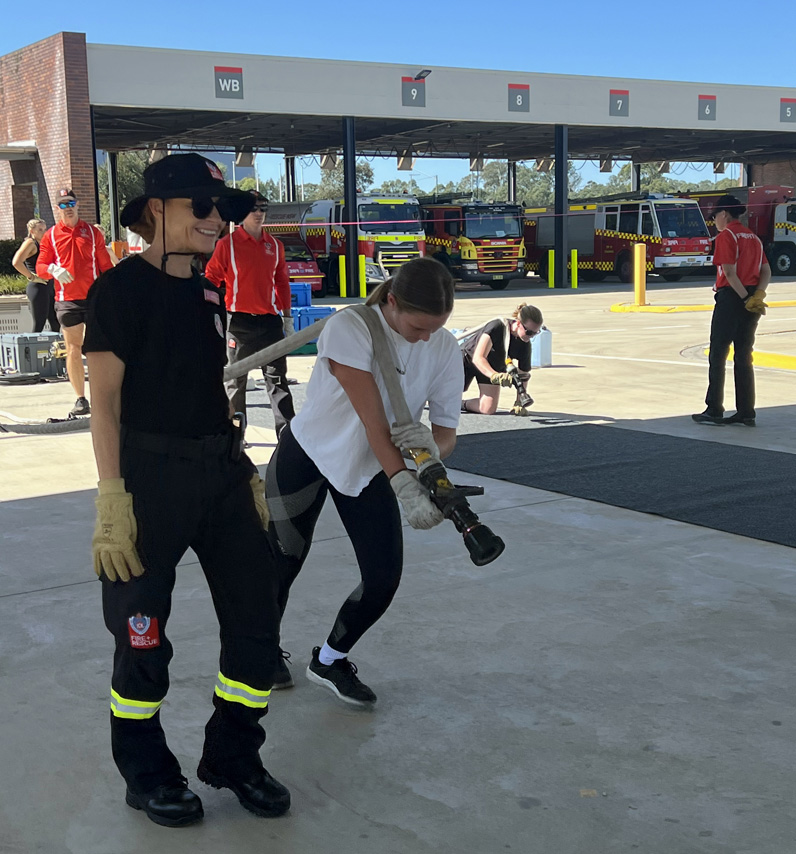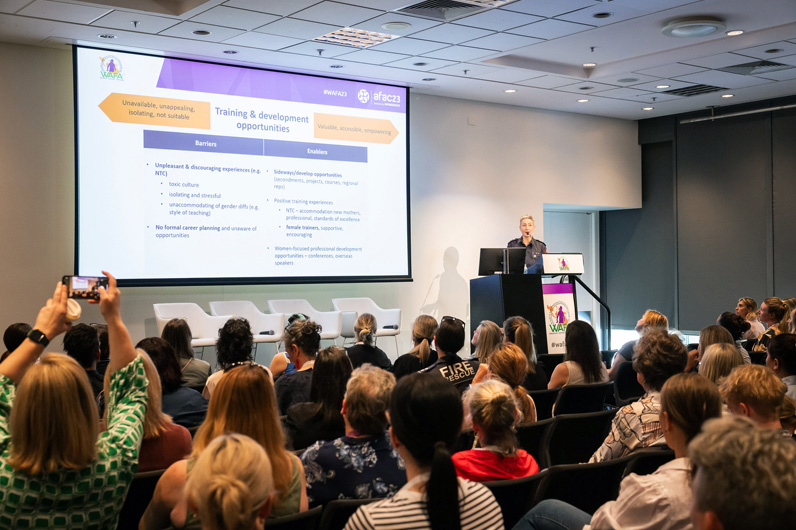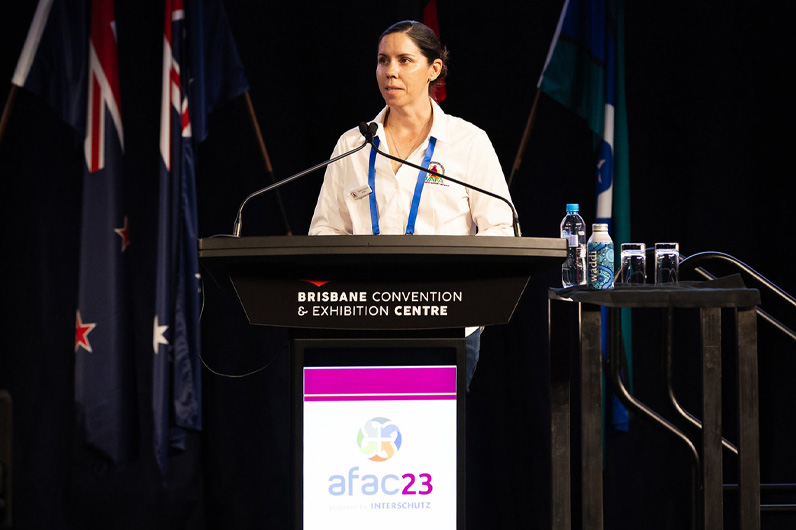With the changing effects of high-risk hazards, technological advances and the shifting demographics of communities, the pursuit of equity, diversity and inclusion has never been more crucial for effective emergency management.
As communities become more diverse, resilience-building requires a shift from working for communities to working with them. This necessitates greater diversity in skills and capabilities among emergency management personnel to make diversity and inclusion both a moral and business imperative.1
Women play a pivotal role in emergency services organisations throughout Australasia, saving lives and safeguarding communities through their positions in frontline, administrative and technical-support roles at every level.2 While initiatives such as the AFAC partnership with the Champions of Change Coalition have contributed to improvements in key areas for women in emergency management, particularly in agency support and policy change to address bias in systems and processes,3 significant underrepresentation of women persists. This is particularly so in frontline firefighting roles. Research continues to highlight the gendered nature of the fire services, reinforced by historical ties to militaristic structures, which perpetuate male dominance and cultural masculinisation.4
With this in mind, Women and Firefighting Australasia (WAFA) plays a critical role in heightening visibility of, and advancing opportunities for, women across the fire and emergency services sectors. WAFA’s mission is rooted in collaboration with stakeholders across communities and emergency services organisations to cultivate confidence and support for women in their roles. The organisation's objectives are to raise awareness of women's contributions, facilitate discussions on challenges and opportunities, forge partnerships and foster personal and professional development opportunities.

WAFA advances the opportunities for women in the fire services to increase their personal and physical skills.
Image: WAFA
WAFA's partnerships with agencies such as AFAC and Wellbeing Australia, along with its thought-leadership and policy development contributions, foster awareness of the involvement and capabilities of women to bring change in the sector. The biannual WAFA conference, held in conjunction with AFAC conference, is a platform for knowledge exchange and networking. This advances the role of women as decision-makers and strategy-shapers.

The biennial WAFA Conference offers a valuable forum for knowledge exchange and networking.
Image: WAFA
To see sustainable change, diversity and inclusion must be treated as more than ‘buzz words’. Diversity and inclusion must be recognised as fundamental principles that drive effective emergency management. WAFA will continue to promote equity and empower women as we work towards a more inclusive and resilient sector.
WAFA calls on emergency services organisations to set equally high standards. Through collaboration, awareness-building and action, we can pave the way for a future where all individuals have the opportunity to meaningfully contribute to inclusive, empathetic and community-centric organisations and communities.
WAFA President Quinn Cramer opened the 2023 WAFA conference.
Image: WAFA



